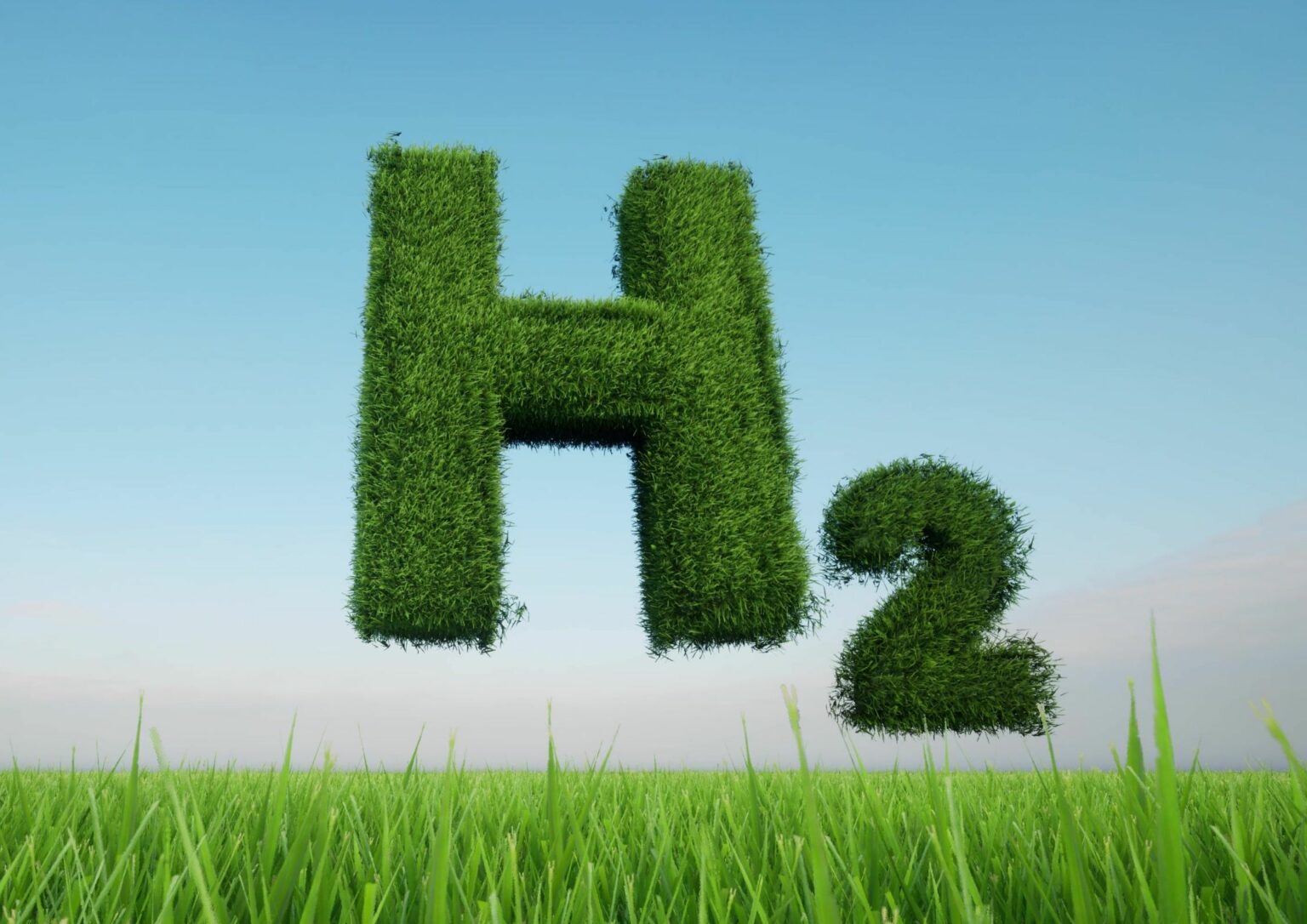Federal Council of Switzerland approved the postulate report titled “Hydrogen. Interpretation and options for action for Switzerland” during its latest meeting.
This report stands as a comprehensive guide to understanding the potential role of hydrogen in Switzerland’s evolving energy landscape, addressing crucial aspects such as production, transport, and market conditions. The findings serve as a cornerstone for shaping a national hydrogen strategy, slated for presentation in 2024.
While hydrogen currently serves as a raw material in industrial processes, the imperative to reduce greenhouse gas emissions by 2050 necessitates its deeper integration into the energy system. Hydrogen’s significance is particularly pronounced in sectors where renewable alternatives face limitations, such as high-temperature process heat, transportation, and seasonal energy storage. However, challenges arise in terms of the inefficiency in the reconversion of hydrogen. Ongoing studies aim to ascertain Switzerland’s future hydrogen demand.
Given the absence of a European hydrogen network and the gradual scaling of global production, meeting hydrogen needs within Switzerland demands a focus on domestic production. Existing power plants or industrial facilities offer potential production sites, but the lack of large gas storage facilities in Switzerland poses a hurdle. Alternatives include converting hydrogen into liquid synthetic energy sources. While long-term viability leans towards cost-effective imports from the EU and third countries, domestic production remains a crucial interim solution.
The transportation of hydrogen involves repurposing existing gas pipelines or constructing new ones, along with road transport. Anticipated developments in Europe’s transport and distribution infrastructure around 2035 are expected to facilitate imports into Switzerland. This underlines the dynamic nature of hydrogen logistics and the need for strategic planning to ensure seamless integration.
A successful hydrogen market in Switzerland hinges on close collaboration between businesses, the federal government, cantons, cities, and municipalities. Existing legislation and initiatives, including the Federal Act on a Secure Electricity Supply with Renewable Energies, the Climate Protection and Innovation Act, and the revision of the CO2 Act, already provide a framework conducive to the development of a national hydrogen market.
With plans to unveil the national hydrogen strategy in the latter half of 2024, the Federal Council is actively exploring additional framework conditions to bolster Switzerland’s hydrogen market. This includes aligning with the future European hydrogen network, signaling Switzerland’s commitment to sustainable energy practices on a global scale.
